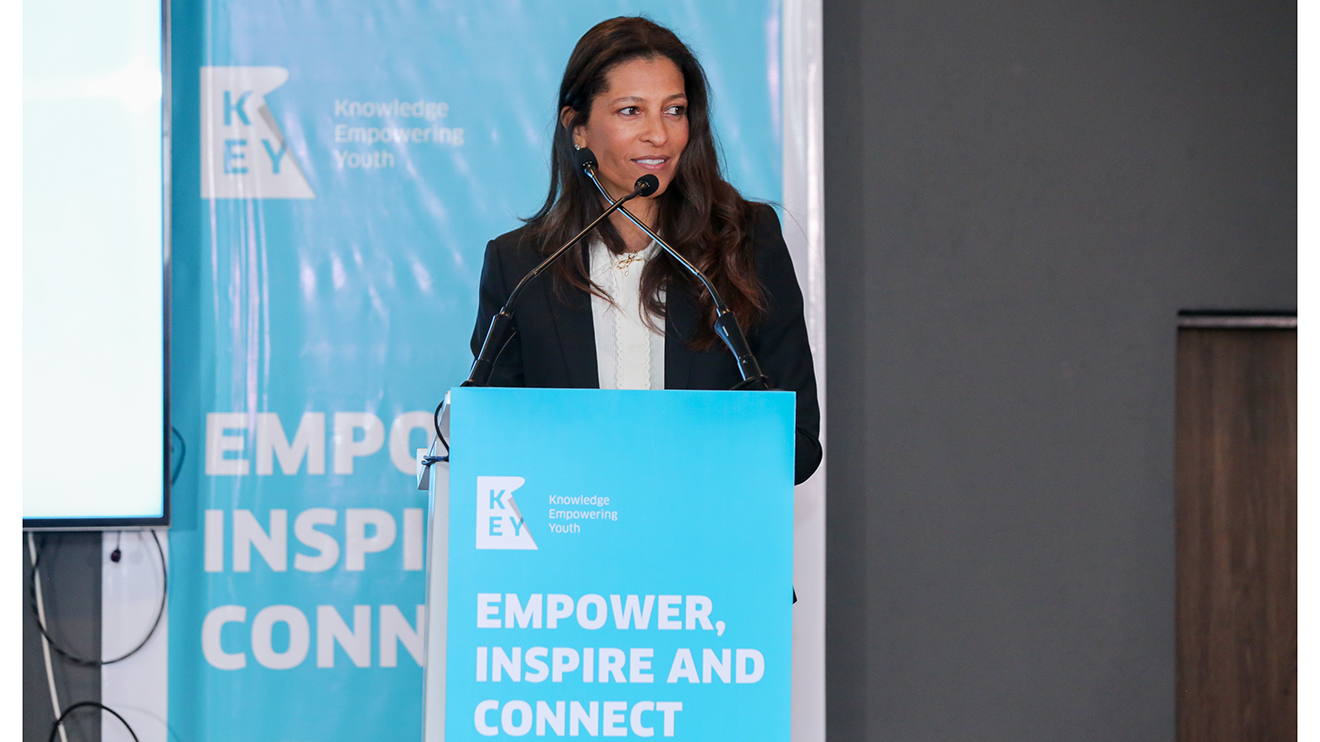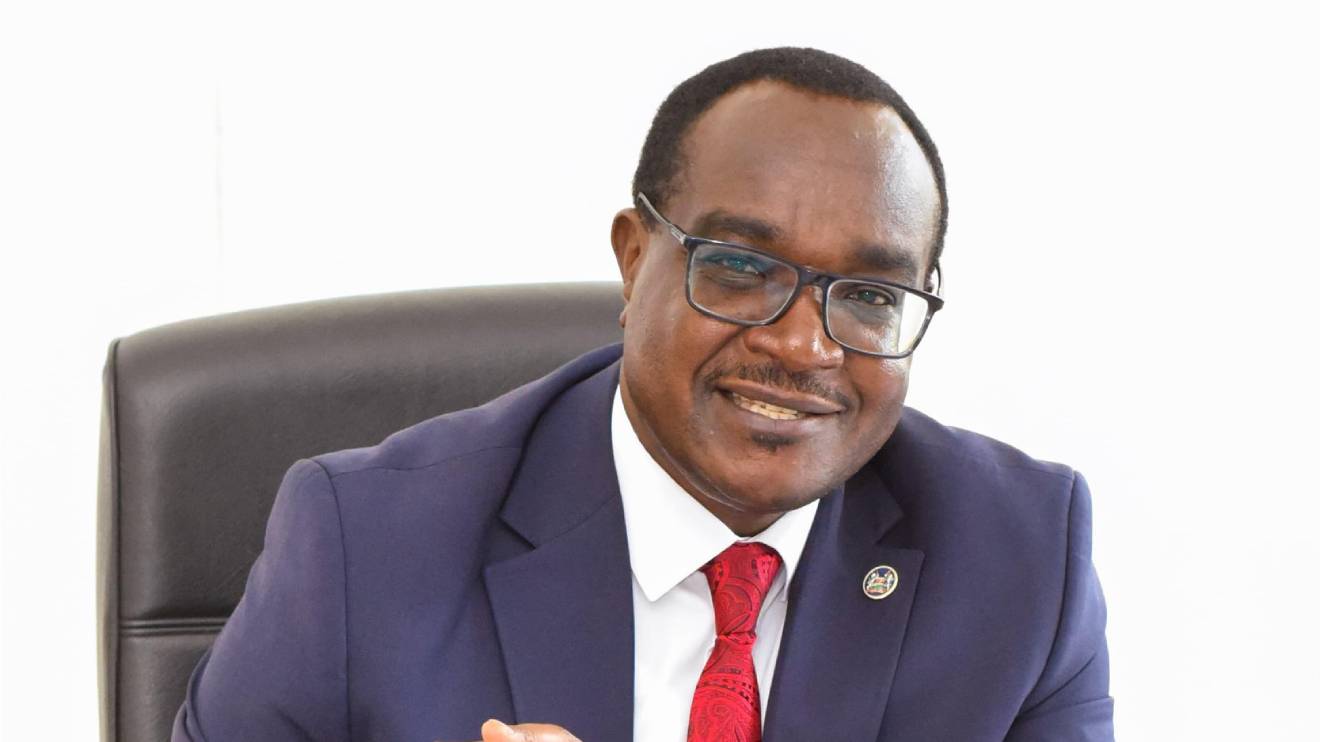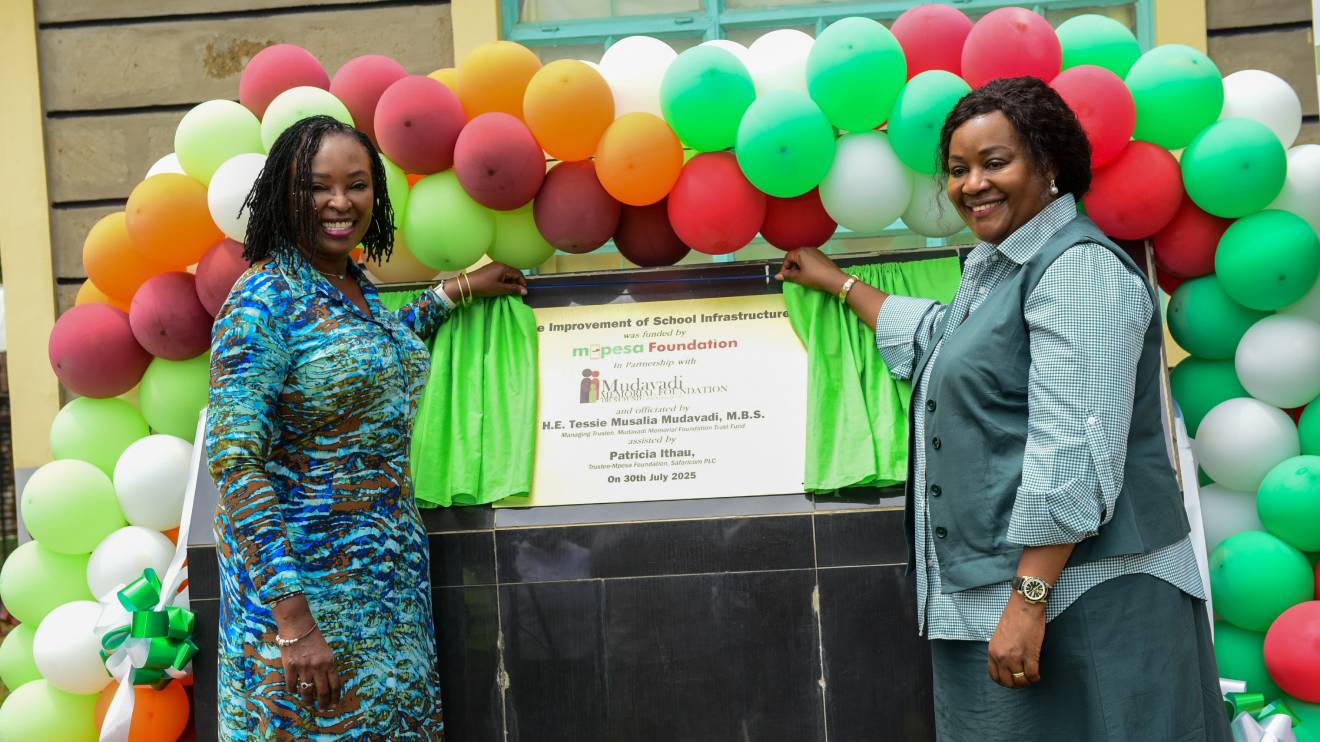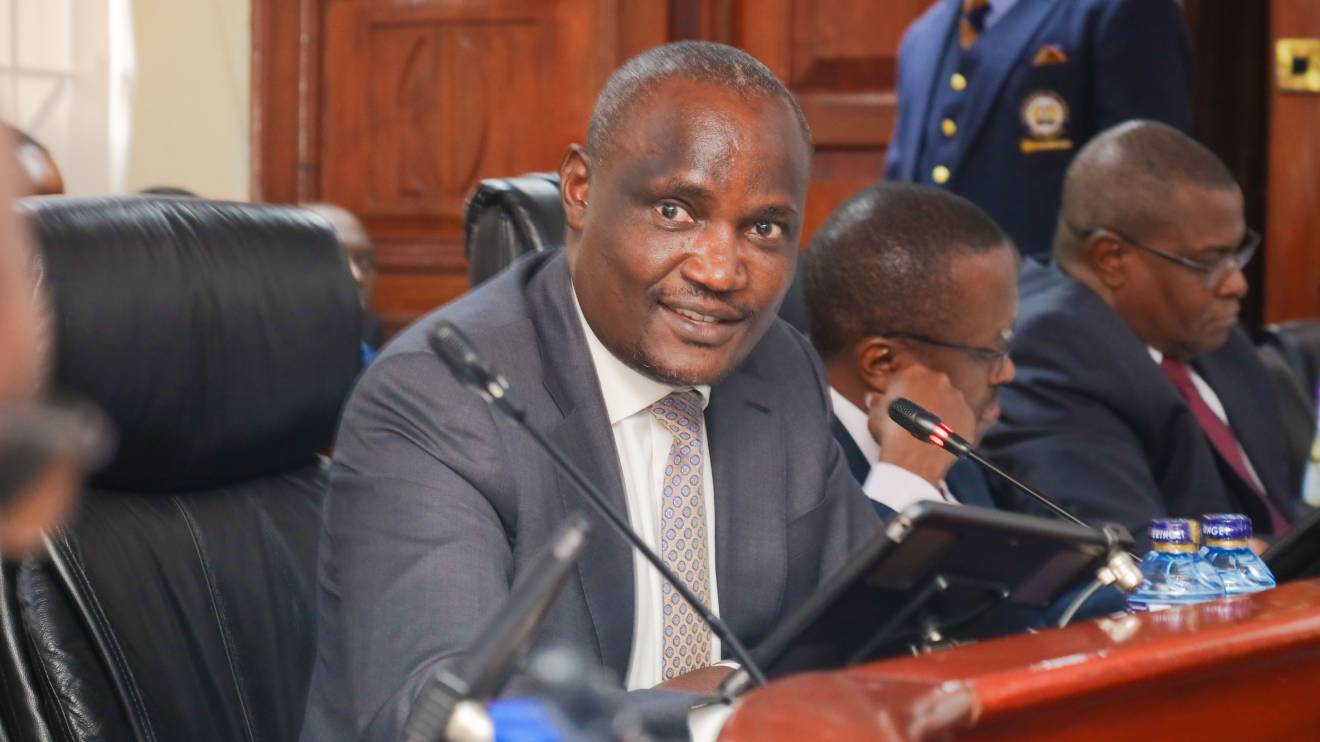Knowledge Empowering Youth (KEY) has launched a workshop that seeks to boost the professional and leadership development for school librarians across the country.
The workshop will bring together more than 46 librarians and education stakeholders for a model session for delivering long-term professional and leadership growth in the country.
The workshop is a product of a partnership between KEY and the Kenya Library Association, Kenya National Library Service and Goethe Institut Nairobi to boost learning in local schools.
KEY founder and CEO Rita Field-Marsham says libraries are critical to driving change to deliver equitable access to quality education and opportunities throughout the country.
She noted that well equipped school Libraries are crucial for quality and relevant education to satisfy basic learning needs and enrich the lives of students and their overall experience.
“At the heart of libraries lies the critical role played by librarians who ensure library quality management and comfort for teachers and students using the resources,” said Rita.
She added, “A critical mass number of libraries with skilled librarians will position Kenya as one of the few emerging countries who have secured privileged access to information and knowledge.”

She said the training will distinguish Kenyans in English language fluency and proficiency and bolster the development of quality education, culture, national pride and leadership.
KEY Head Librarian James Nyambane intimated that the workshop for librarians will enable Kenya to bridge the disparities in availability of libraries and trained librarians countrywide.
“There is no denying the country has a colossal task to reach the number of quality libraries that is needed to address the over 30,000 schools that do not have libraries,” said Nyambane.
He says KEY initiatives had in the last few years greatly expanded access to technology, technological support and training of teachers, librarians and students to enhance learning.
“Our utmost goal is to provide underserved children with quality education options. It is exciting that we are making steady progress towards this goal in the lives of children we have impacted who, in turn, are discovering their dreams and reaching for their full potential,” he added.
KEY has since 2008 implemented easily adoptable and manageable models for school libraries in primary and secondary schools at national, county and community levels.
It has so far put up 46 primary and secondary school libraries in Ghana, Tanzania and in 12 Kenyan counties towards achieving UN’s Sustainable Development Goals (SDGs) on Quality Education.
KEY says 98 per cent of primary schools and most high schools in Kenya don’t have libraries hence sidelining children from low income families in getting education and digital literacy.





-1752797011.jpeg)


 shares a light moment with the company's Group CEO Dr Patrick Tumbo (right) at a past event-1758121528.jpeg)
-1758116028.jpeg)
